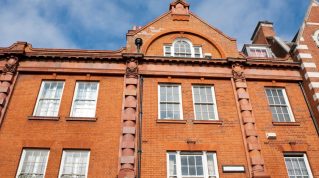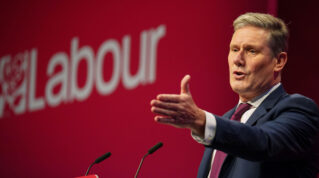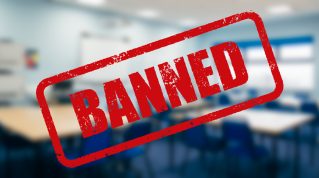The government is “considering options” for Ofsted to recover more money from the private schools it inspects, with the watchdog currently subsidising two thirds of the costs.
The prospect of extra charges comes after the government started charging VAT on private school fees and removed the sector’s exemption from business rates.
While most of the biggest private schools are inspected by the Independent School Inspectorate (ISI), Ofsted inspects about 1,250 “non-association” independent schools.
These tend to be smaller private schools, with Ofsted charging between £400 and £2,750.
But government data shows that last year, just £2.2 million of the £6.5 million cost of the inspections were recovered in fees.
‘Reduce the need for subsidy’
Stephen Morgan, a former early education minister, said that policy stipulated that costs associated with inspections by government bodies should be recoverable. “This will reduce the need for government subsidy. The government is considering options to close the gap.”

The DfE would not say what options were under consideration.
Fees would rise to between £3,320 and £4,565 if the schools had to fully fund inspections. ISI schools are charged up to £20,000.
A spokesperson for the Independent Schools Association, which represents some non-association schools, said they were “more than covering their costs to the country’s finances by passing VAT on to the government.
“Add to that increased national insurance contributions, the ending of business rates relief for schools with charitable status as well as general tax, including tax on purchases, the net contribution to the UK economy from our schools is vastly positive.”














Your thoughts